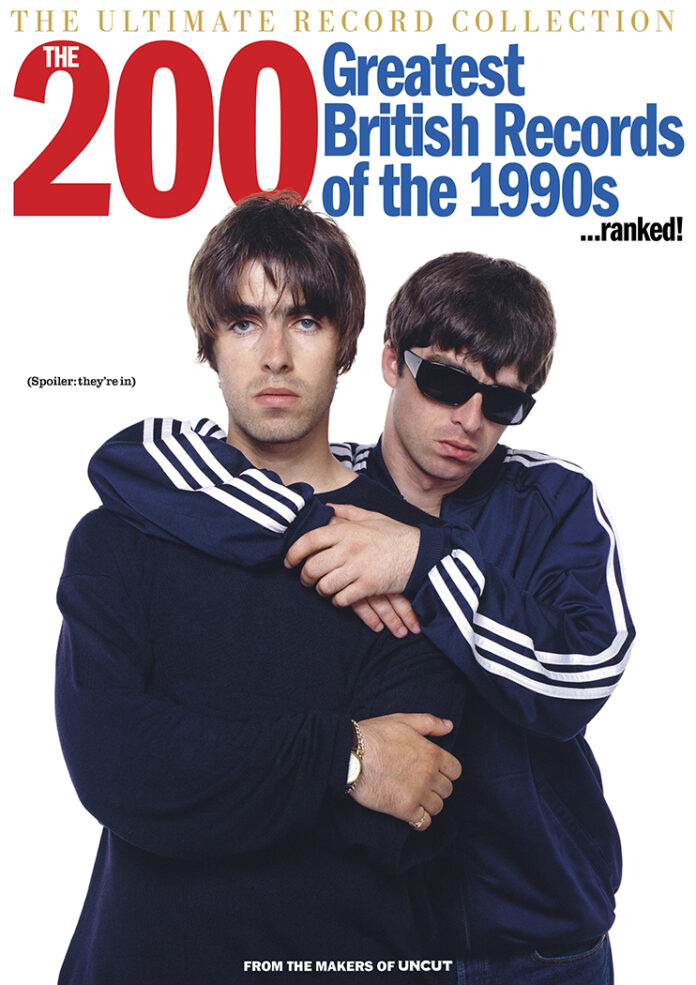You need to be yourself
You need to be yourself
“It’s about…” On the other end of the line a few years ago, Brett Anderson is pausing for a moment to find precisely the right words before he decides what the excellent 1992 debut single by his group Suede is in fact about.
After some more consideration, and locating the words, he returns. “The Drowners”, he says thoughtfully, “is about …rolling around in acres of engorged flesh.”
As you’ll read in this latest Ultimate Record Collection, the great British records of the 1990s can be about this – but also about much more besides. Ane even if times have changed many of the key British bands of the decade – Oasis, Pulp, Suede, My Bloody Valentine – are enjoying a period of renewed creative strength and popularity.
Obviously the headlines have recently been dominated by the successes of the Oasis Live ’25 tour. Elsewhere, Suede and Pulp have recently made impressive new albums. Meanwhile, recordings by other key artists Primal Scream, Radiohead, Massive Attack, Portishead – remain as important and influential as ever. In this new magazine, Uncut’s team of experts have compiled the 200 best albums and singles to make sure you don’t miss any of them.
What is it which keeps this music so relevant? In the case of Oasis, it could well be because it’s an impossible proposition to deny: a feel-good story of reconciliation, told in uplifting music which celebrates the good times. With Suede and especially with Pulp’s new album More, we’re celebrating the return of beloved bands – whose work has evolved and grown in nuance with the times.
Maybe it’s something even more obvious: the commitment we hear in the music. These were bands for the most part at the start of their careers, concerned with nothing beyond perfecting their vision. For Pulp, it led the band to march into their record company to petition for the immediate release of “Common People”. For Oasis it meant fulfilling the dreams of stardom planted in them by The Stone Roses and The La’s. For Suede, it meant defining themselves by the very opposite of success.
“It was a sort of celebration of a drifting, stonery, specifically British lifestyle,” Brett Anderson told me on the phone, “wandering about roundabouts. It was saying ‘This is how I live, and I’m proud of it.’ I won’t join the rat race. I won’t be a puppet to advertising. I won’t buy into what society tells me to buy into. There’s something quite pure and quite beautiful about that.”
Enjoy the magazine. It’s in shops today, but you can get one from us here.



